When Apple TV+ announced its upcoming French crime thriller "The Hunt" (originally titled "Traqués"), it looked like another promising addition to their growing international content library. What they got instead was a major content crisis that would ultimately force them to scrap the entire series after plagiarism accusations surfaced against the show's creator.
Here's what makes this situation particularly fascinating from an industry perspective: Apple didn't just get caught up in some minor creative dispute. According to MacDailyNews, a forensic analysis revealed that more than 40% of the pilot script appeared to match protected material from existing French works. For a company that's been working hard to establish credibility in the competitive streaming landscape, this level of potential intellectual property violation represented exactly the type of reputational risk they simply couldn't afford to weather.
The speed of Apple's response tells you everything you need to know about how seriously they took these allegations. Within just 15 days of receiving the formal complaint on November 10, 2025, the streaming giant had made the difficult decision to pull the plug entirely—despite the substantial financial losses this decision would entail.
What exactly happened with "The Hunt"?
Let's break down the specifics of these plagiarism allegations, because the details reveal the scope of what Apple was facing. The controversy centers on claims that the show's narrative and dialogue were lifted nearly word-for-word from existing French creative works. MacDailyNews reports that the accusations point to similarities between "Traqués" and both the graphic novel series "W_E_" and the French miniseries "Les Invisibles."
The Société des Auteurs et Compositeurs Dramatiques (SACD)—France's professional association for authors and composers—conducted the forensic examination that became central to Apple's decision. Their analysis confirmed that over 40% of the pilot script overlapped with protected material from these sources. SACD's involvement adds significant credibility to these findings, as the organization has established expertise in analyzing creative works and determining intellectual property violations within the French entertainment industry.
What made this particularly problematic for Apple was the timing. By the point these allegations emerged, "The Hunt" had moved far beyond the development phase and was approaching its planned launch date.
How did Apple respond to the allegations?
Apple's response was notably swift and decisive—the kind of reaction you see when a company's legal team reviews evidence and immediately recognizes they're looking at a potential disaster. The company's content acquisition leadership reportedly viewed the evidence as "irrefutable" and moved quickly to suspend the series.
The financial implications of this decision were substantial, particularly given how advanced the production had become. The series had already cast notable French talent, including Adèle Exarchopoulos in the lead role of a fugitive hacker, and featured an impressive ensemble that included Cannes Best Actor winner Benoît Magimel and two-time César Award winner Mélanie Laurent. According to Apple's own press materials, the show was being produced by the respected studio Gaumont and was originally scheduled to debut globally on Apple TV+ on December 3, 2025.
This casting and production timeline indicates Apple was walking away from a project that had progressed through multiple expensive phases—script development, casting, pre-production planning, and promotional material creation. The fact that Apple had already released a trailer and announced specific premiere dates suggests they were mere weeks away from launch when the plagiarism allegations forced their hand.
What's particularly telling is how quickly this decision came from Apple's content leadership. When evidence is being called "irrefutable" at the executive level, it suggests the company saw this as an existential threat to Apple TV+'s credibility rather than something they could fight in court or weather through public relations management.
What does this mean for streaming content creation?
This situation highlights the complex challenges facing streaming platforms as they rapidly expand their content libraries. The pressure to produce original, compelling content at scale is immense—Netflix alone releases hundreds of original titles per year, and every major streaming service is trying to keep pace with that kind of output volume while also differentiating their offerings.
Apple's experience with "The Hunt" demonstrates exactly why major streaming services are increasingly investing in robust content review processes and legal due diligence. However, the incident also raises important questions about how thoroughly platforms can realistically investigate the originality of submitted scripts and treatments when operating at such scale.
In academic publishing, plagiarism detection has become incredibly sophisticated—tools like Turnitin can flag even subtle similarities between texts and maintain databases of millions of documents for comparison. But the entertainment industry has traditionally relied more on reputation, references, and legal disclaimers rather than systematic originality screening of creative content.
The entertainment industry might benefit from adapting some of these academic plagiarism detection methods. If a forensic analysis can reveal that 40% of a script matches existing protected works, systematic screening tools could potentially catch such issues before a series gets greenlit, cast, and marketed to audiences.
For content creators, this case serves as a stark reminder that plagiarism allegations can have devastating consequences that extend far beyond individual careers. When Apple scrapped "The Hunt," the decision affected an entire production ecosystem—the cast of established actors, the production teams at Gaumont, and the various technical and creative professionals who had committed time and resources to the project.
Where does Apple TV+ go from here?
Despite this setback, Apple TV+ continues building its international content portfolio with other French-language productions and global offerings. In some ways, the company's quick and decisive action on "The Hunt" might actually strengthen its position with legitimate content creators and production partners. By demonstrating that Apple takes intellectual property seriously and won't compromise its standards for any single project—regardless of development costs or proximity to launch—they're establishing clear expectations about their commitment to ethical content creation.
This incident will likely reinforce Apple's existing content vetting processes and may lead to enhanced review procedures for future acquisitions. The streaming service has demonstrated it's willing to absorb significant financial losses to maintain its reputation and legal standing, according to MacDailyNews.
For viewers and the broader Apple ecosystem, this commitment to content integrity ultimately serves the long-term goal of building a trusted, premium streaming platform. Apple TV+ continues to focus on quality over quantity in its content strategy, and maintaining higher standards around intellectual property protection supports that positioning in the competitive streaming market.
Bottom line: Apple TV+ just demonstrated that they'd rather lose money than lose credibility. In the streaming wars, where trust and brand reputation can make or break a platform's long-term success, this decisive response may ultimately strengthen their position with both content creators and audiences who value platforms that take intellectual property rights seriously.




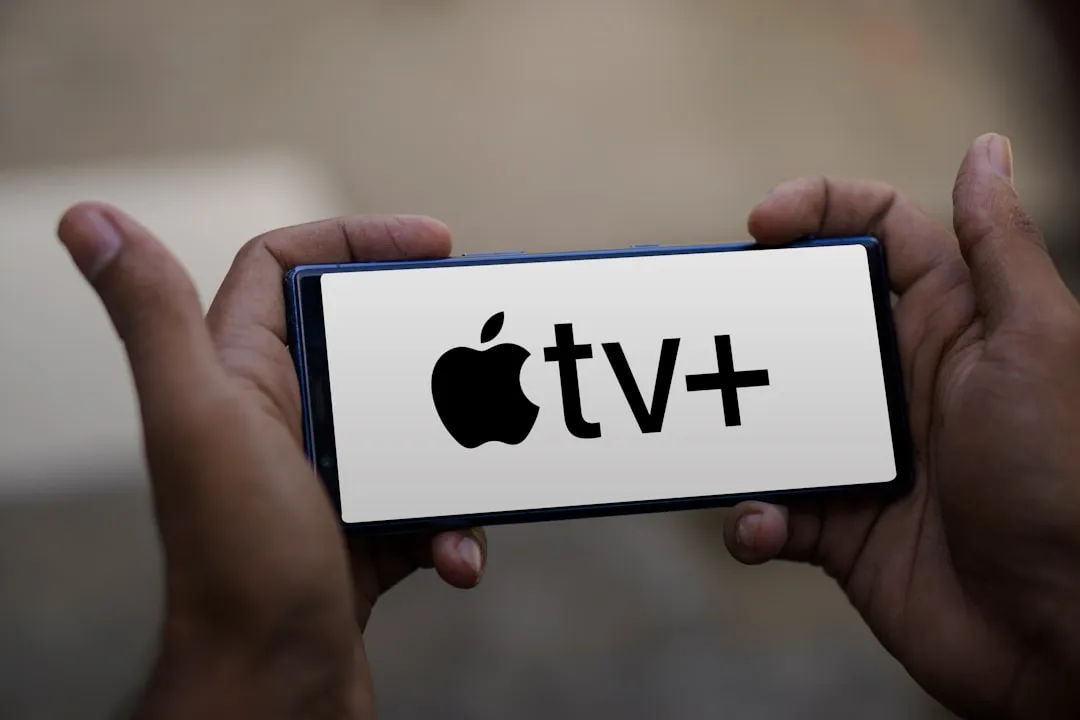
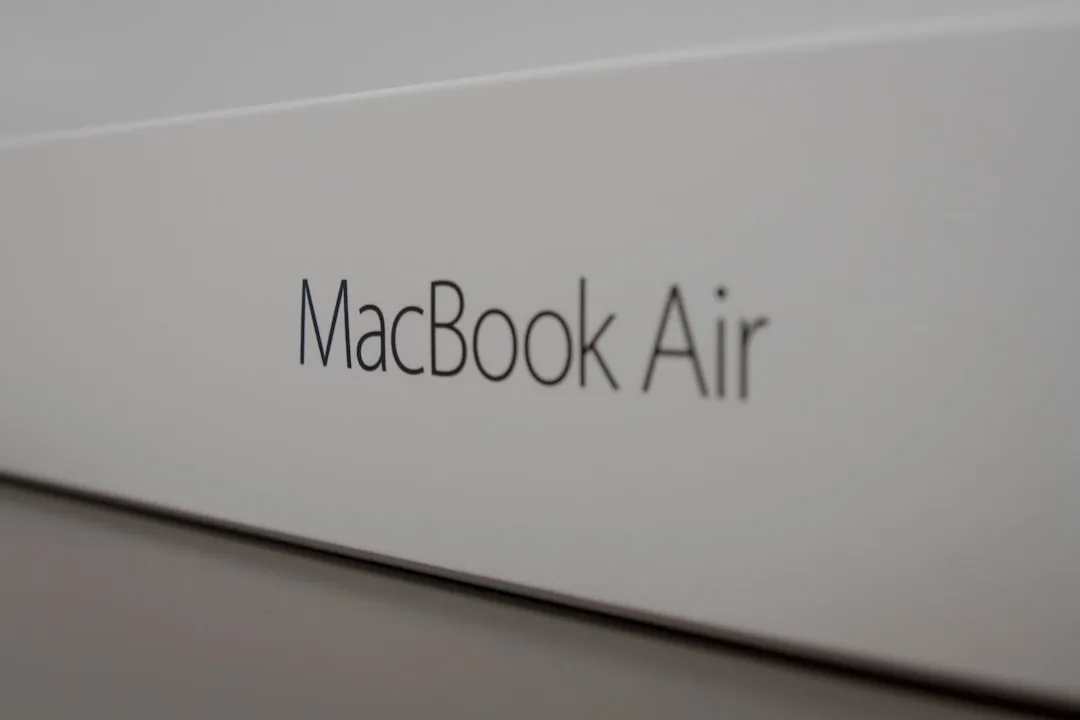
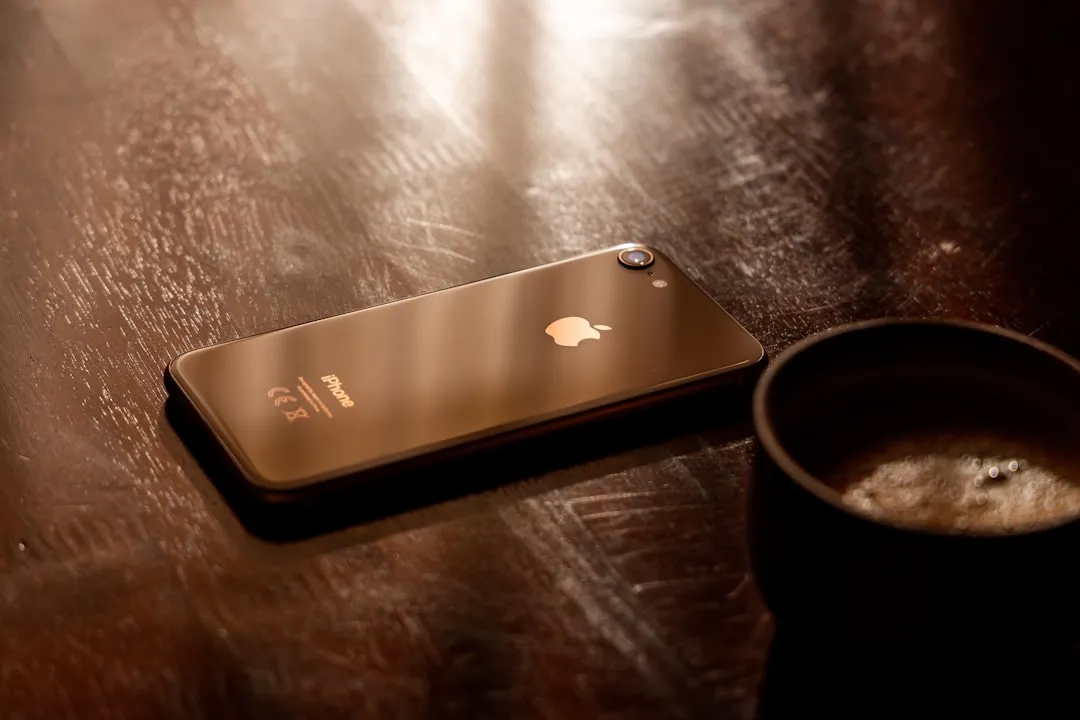
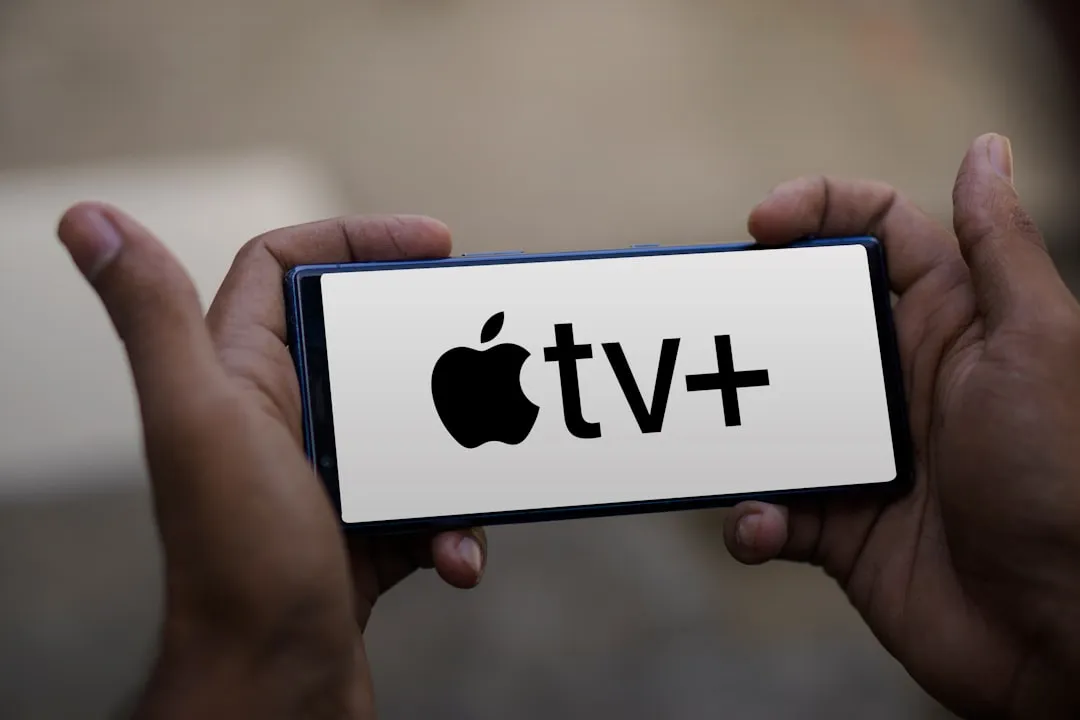
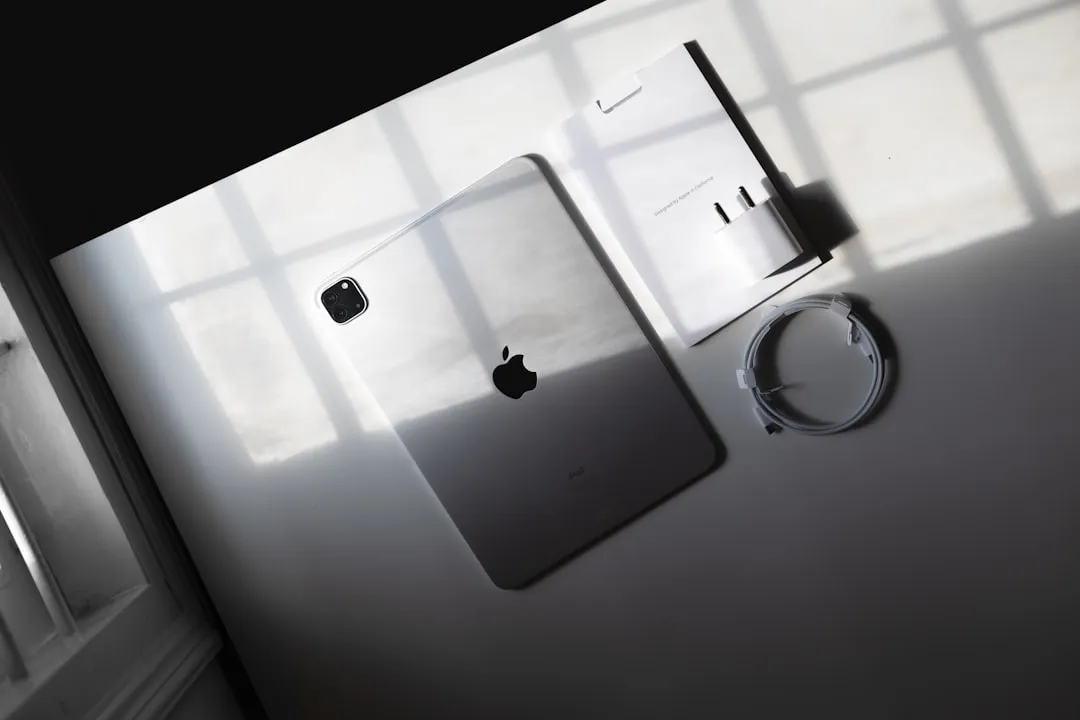
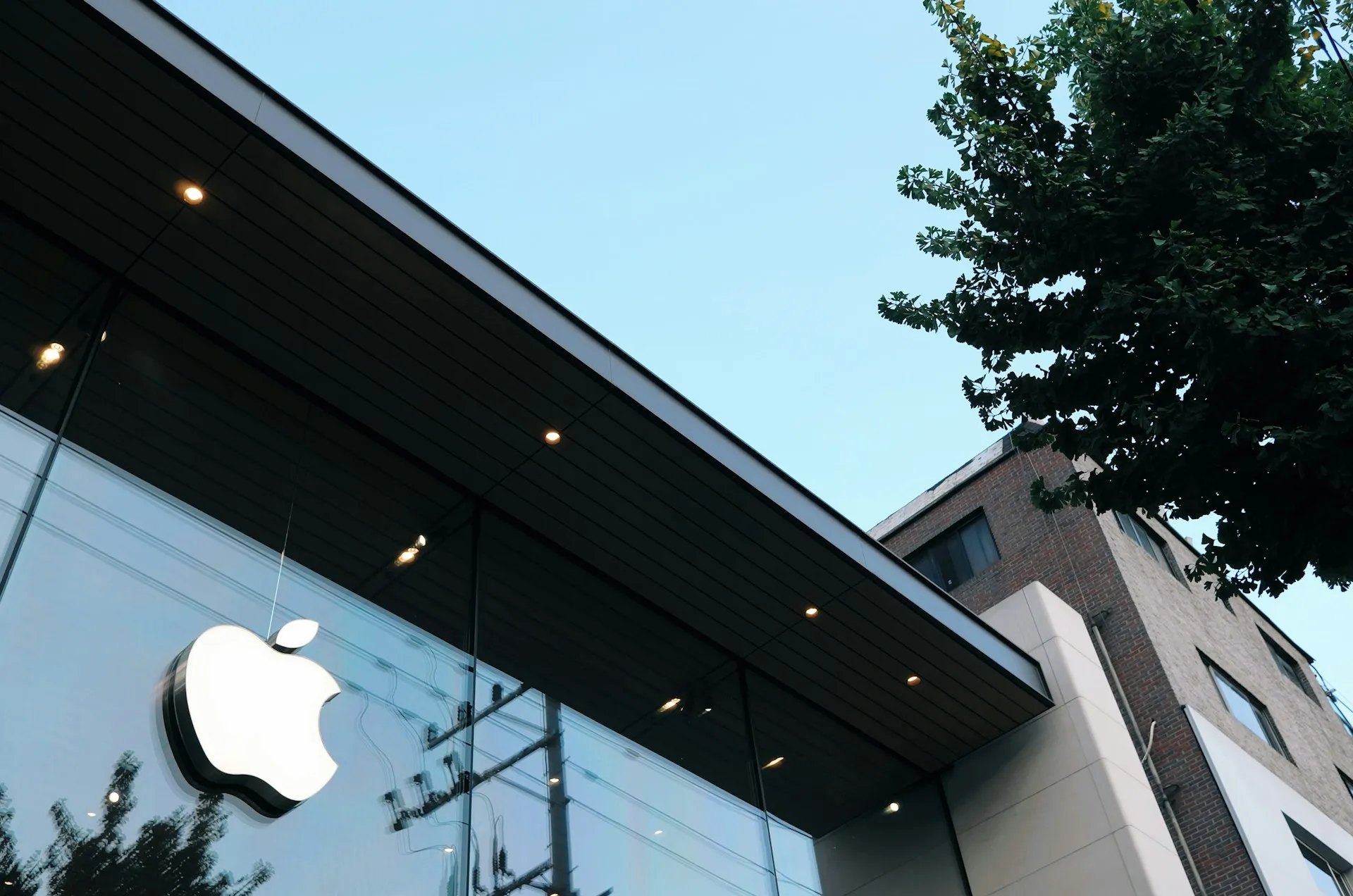
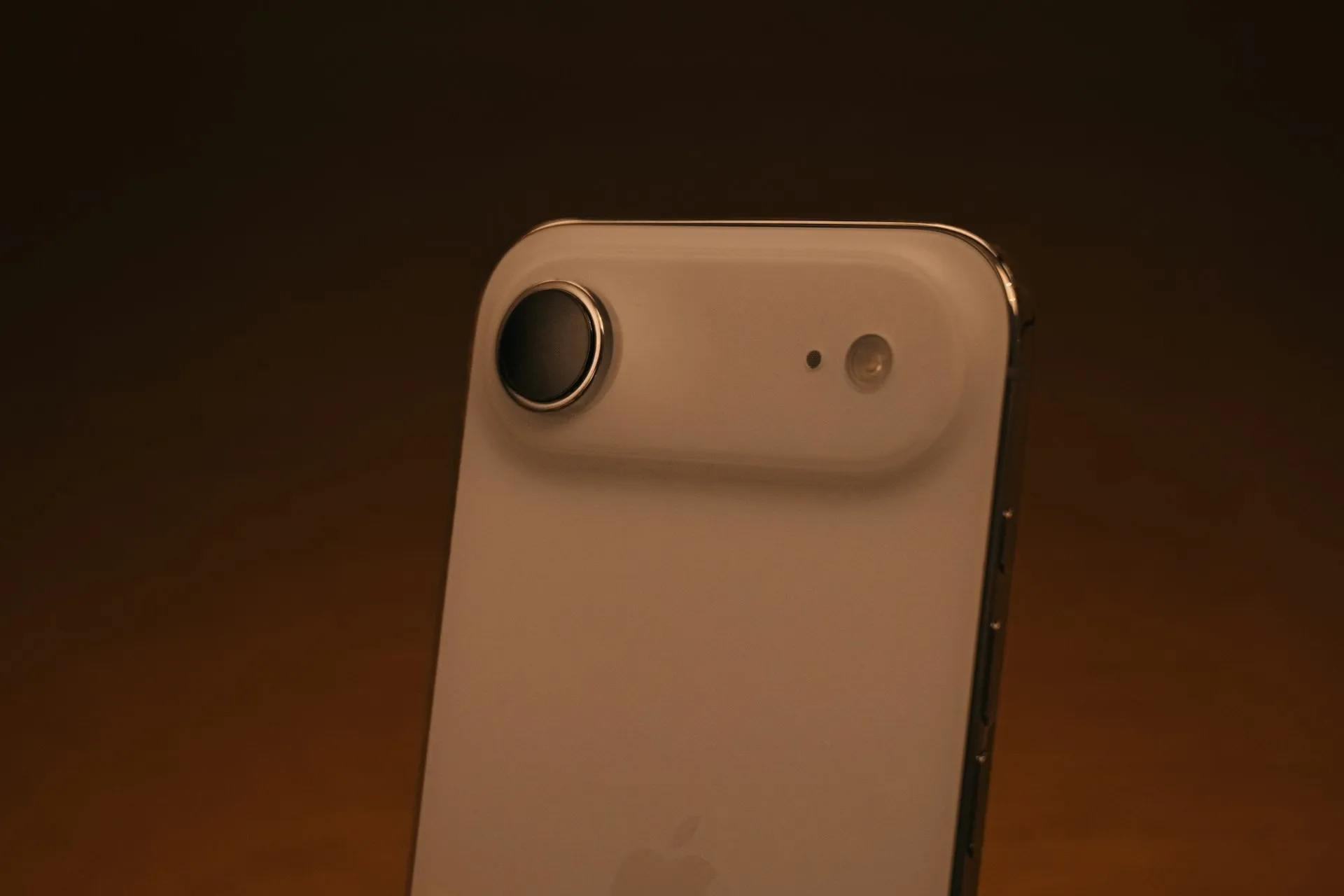

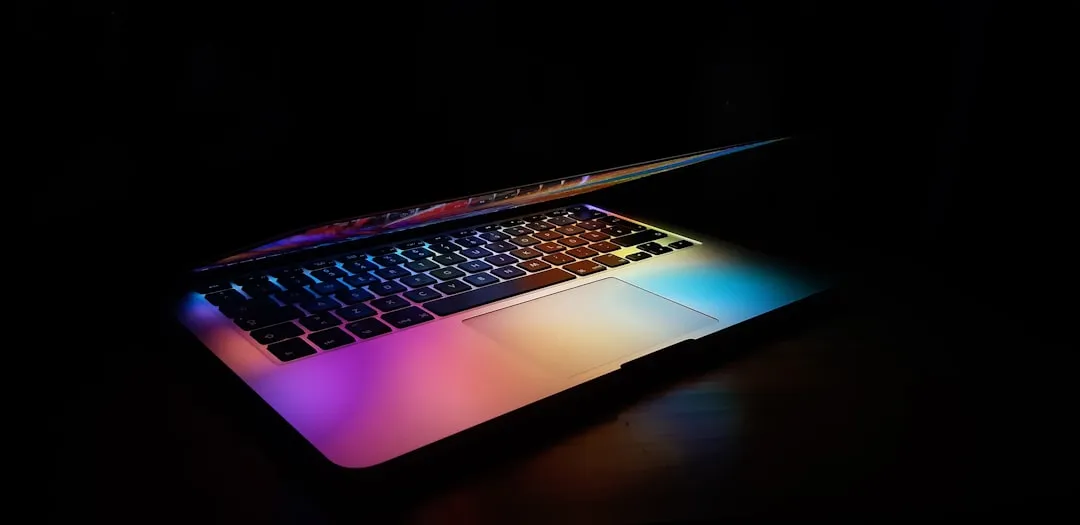
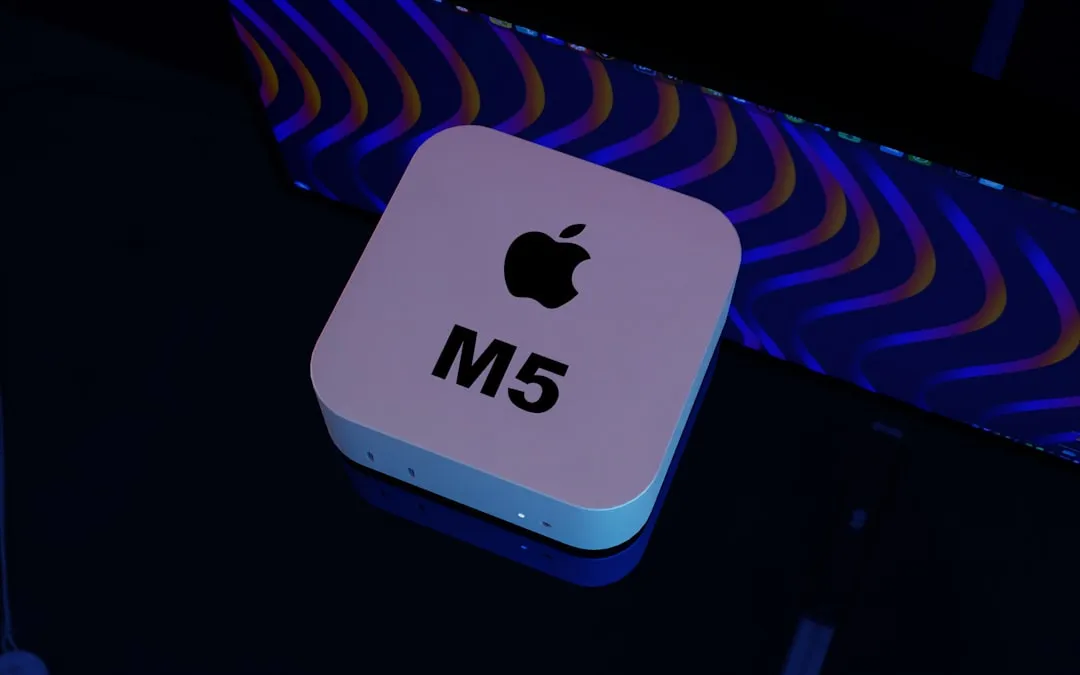
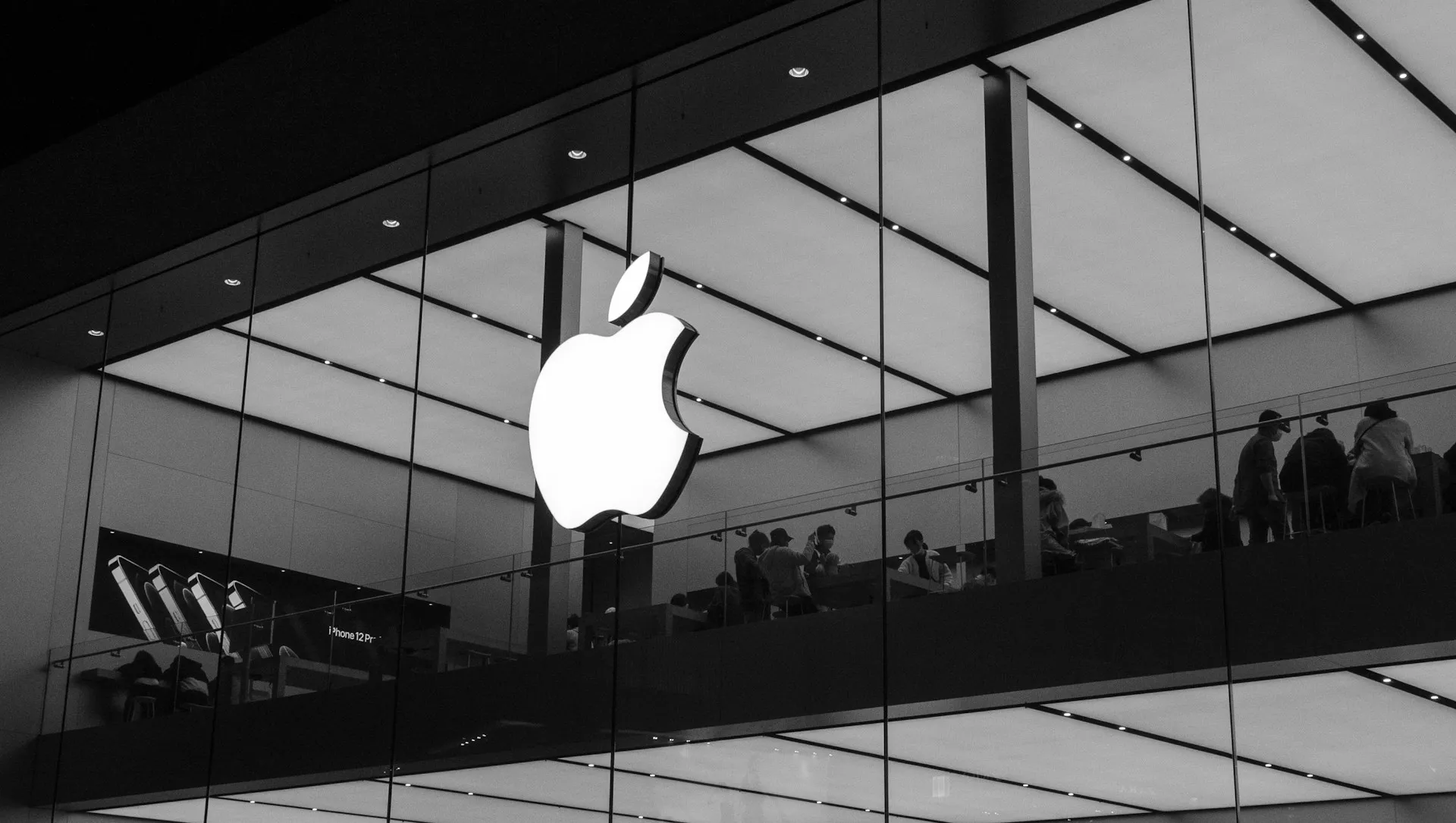
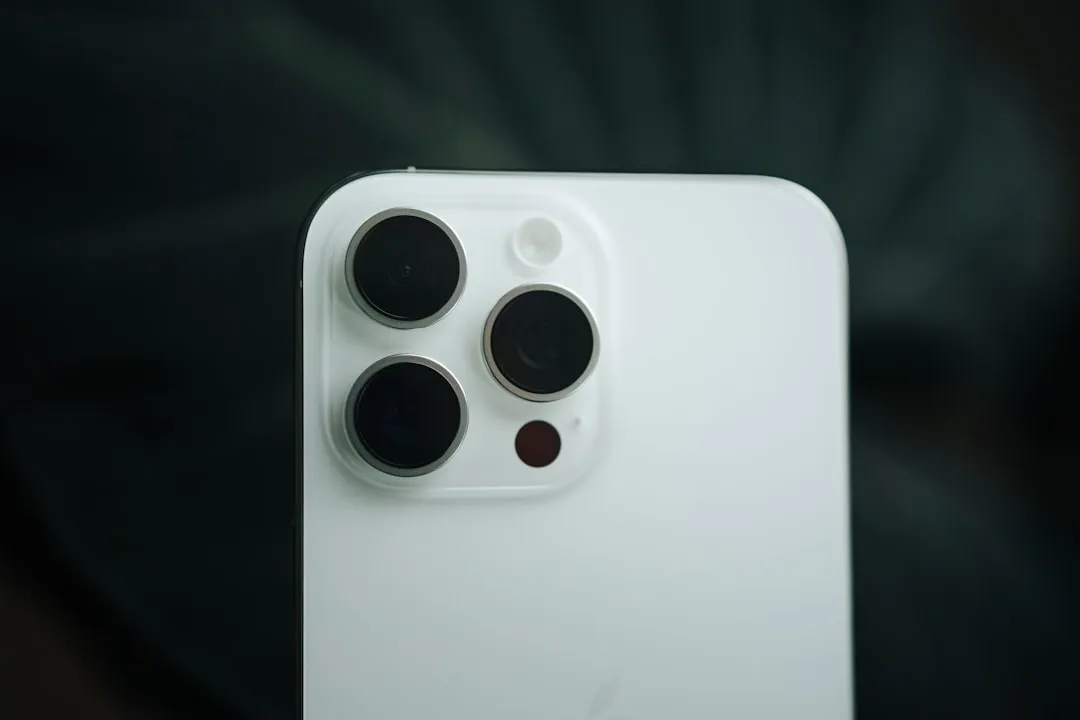
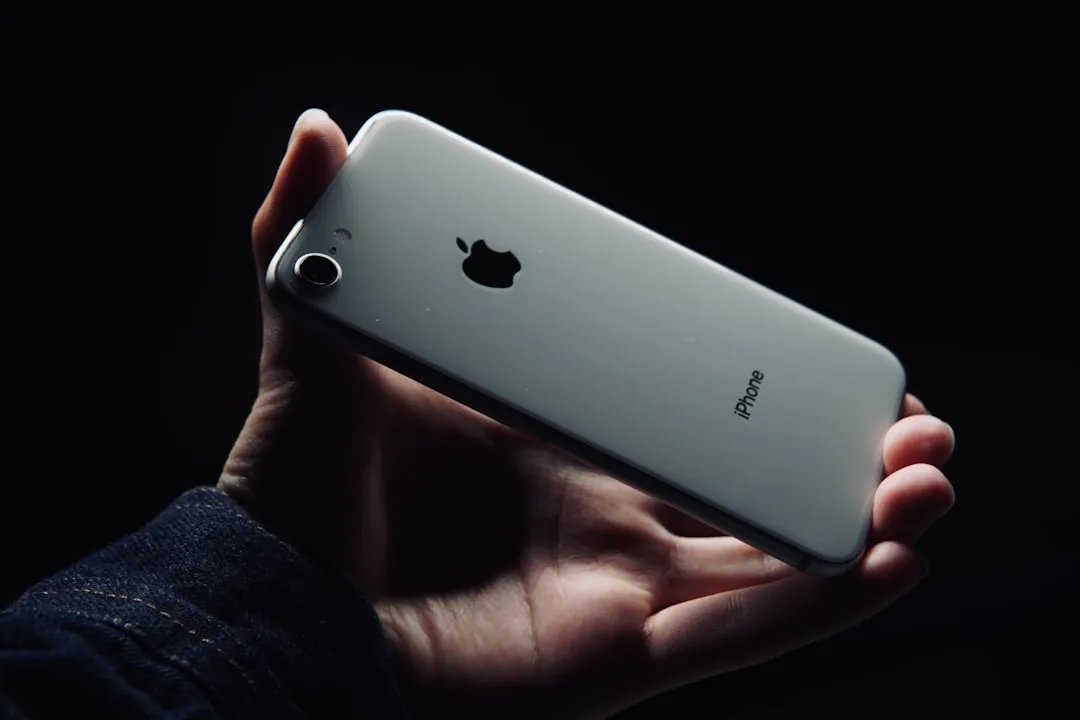

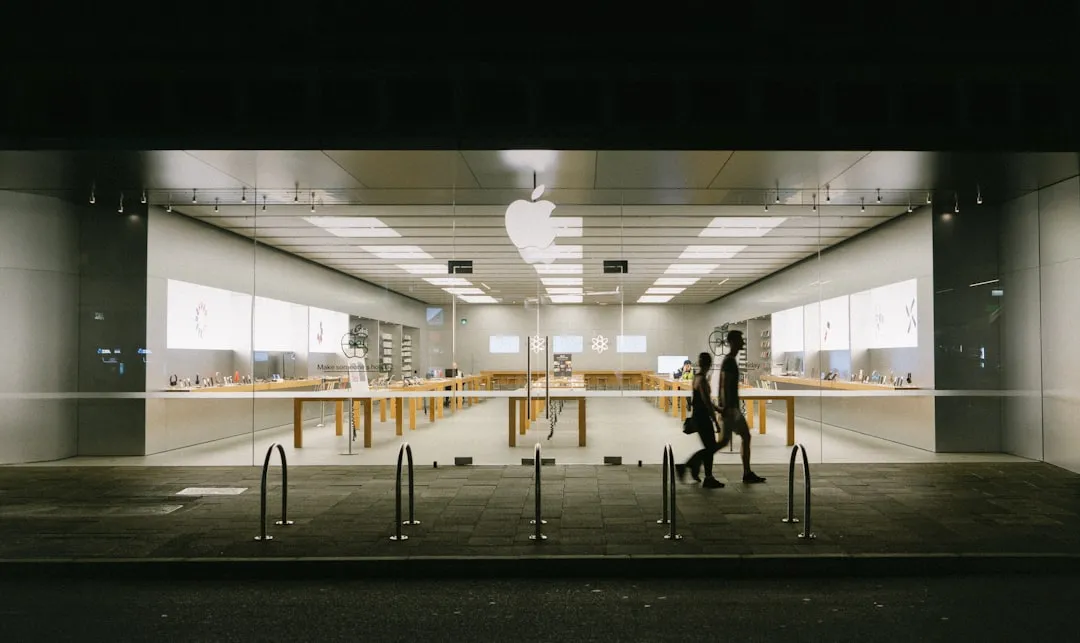

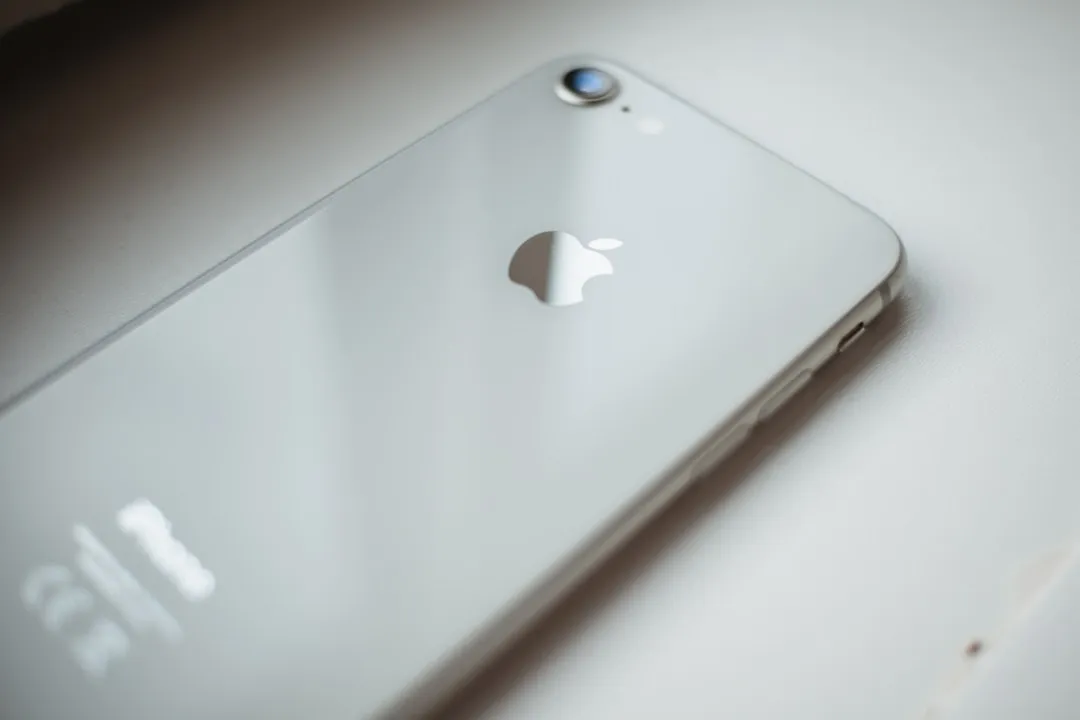
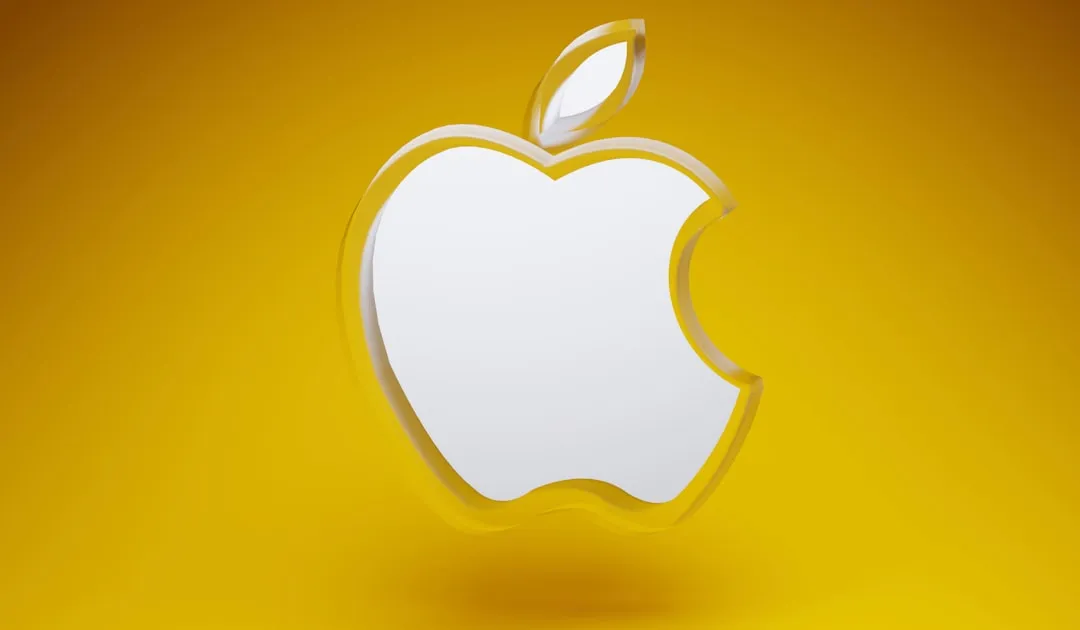
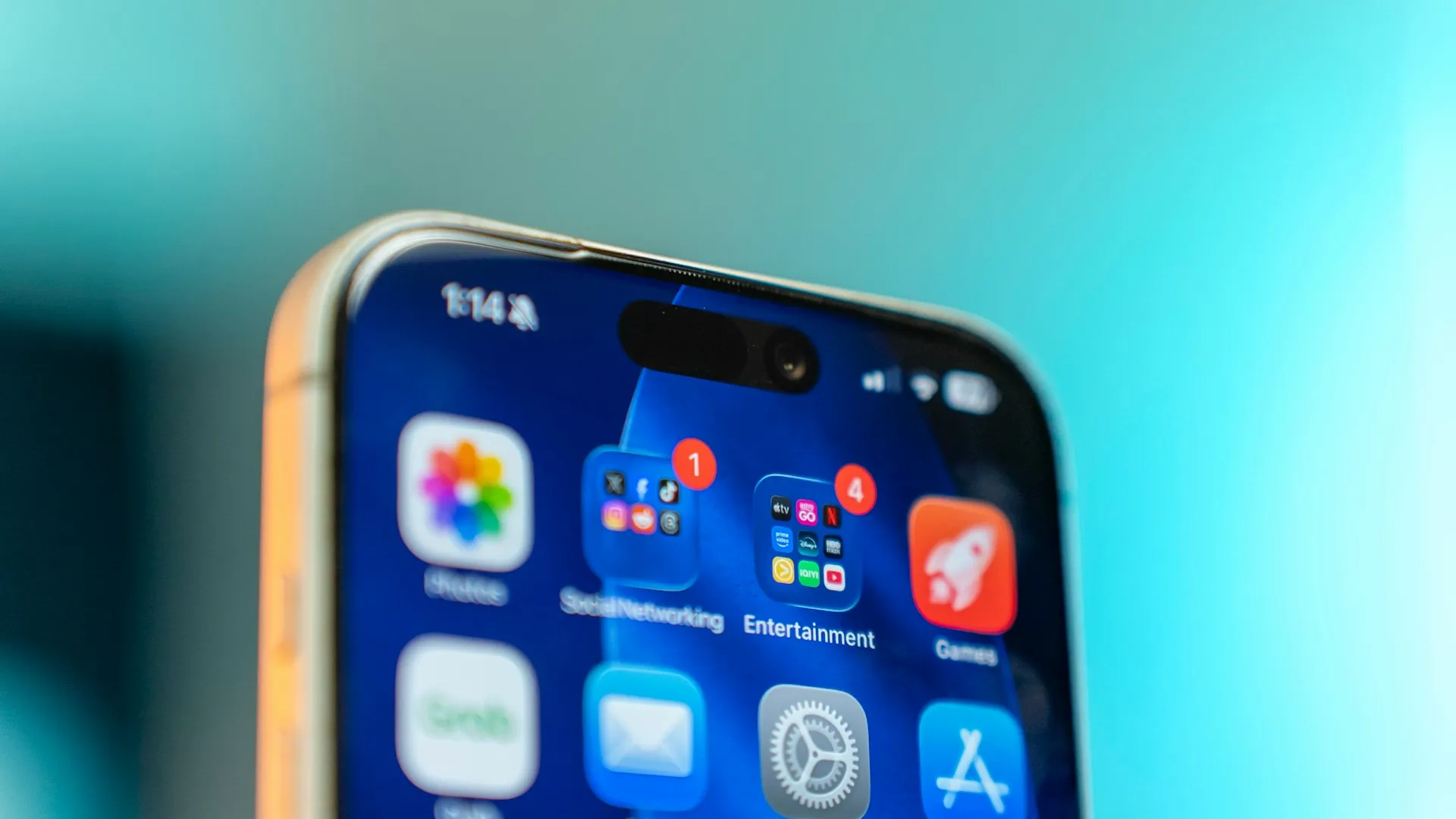
Comments
Be the first, drop a comment!